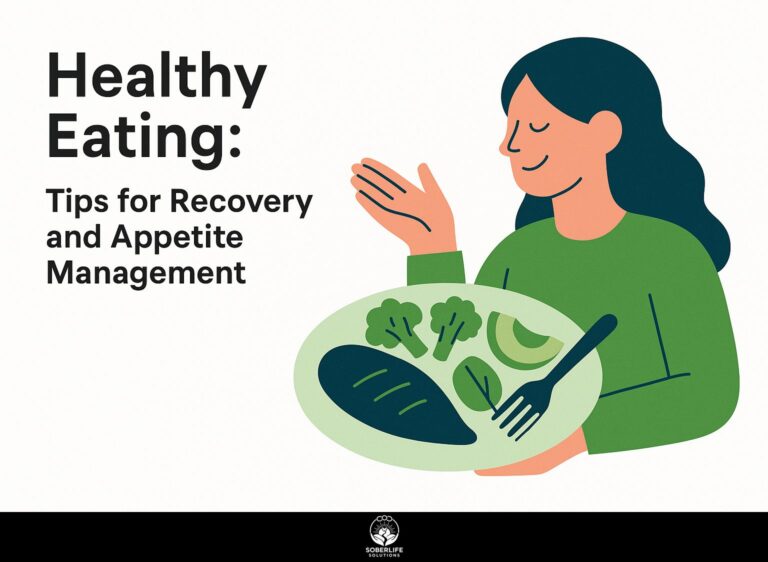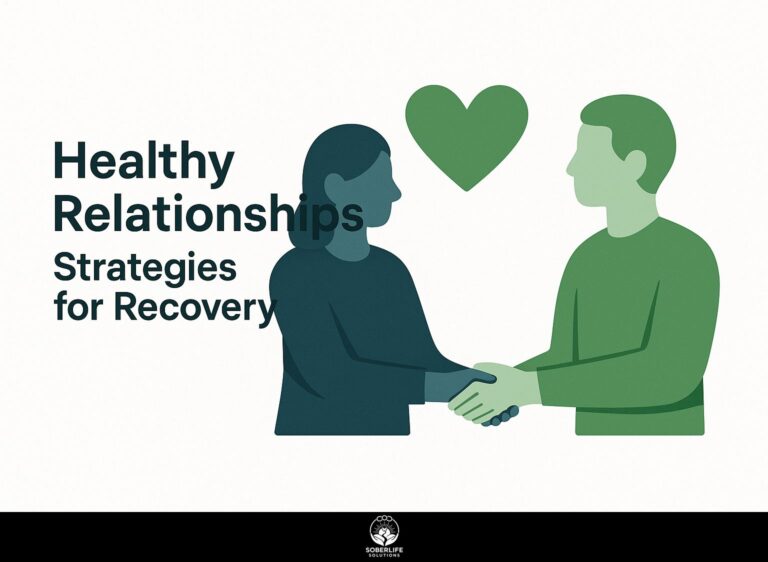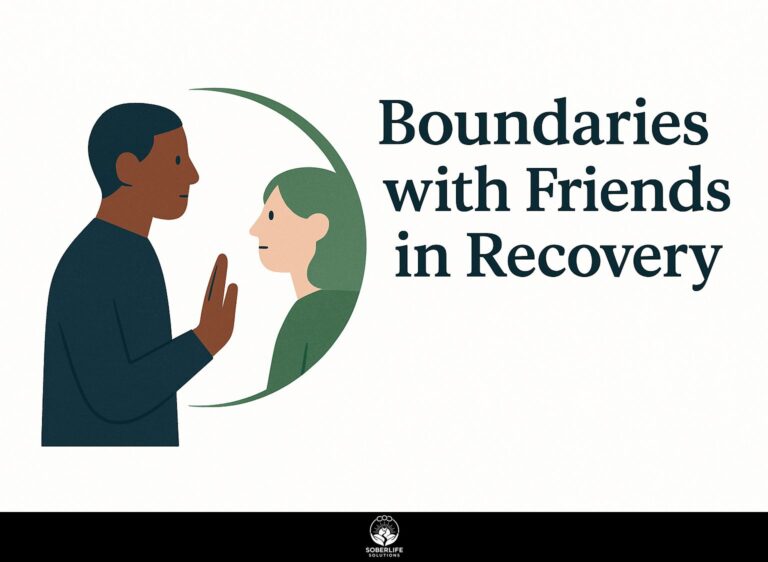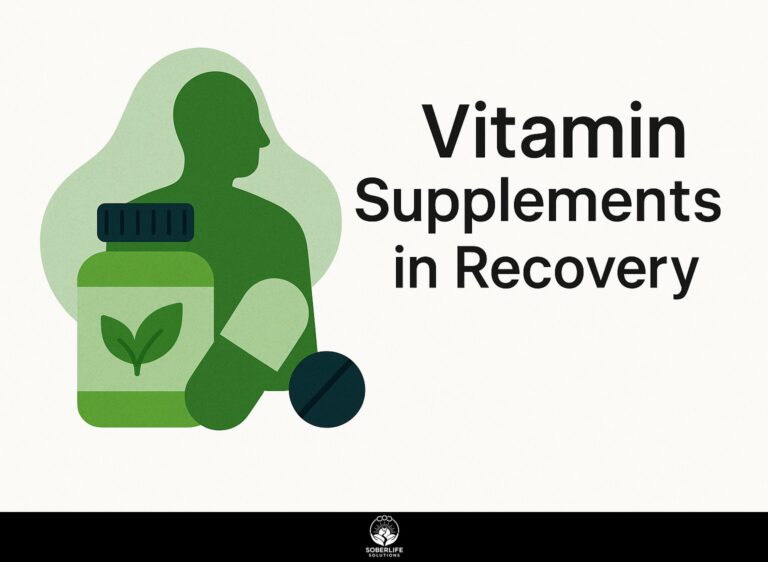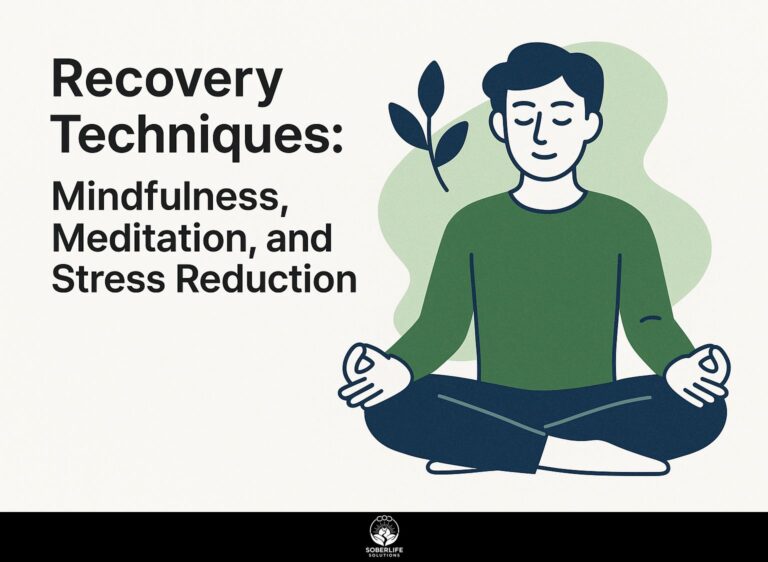Food as Emotional Coping Alternatives
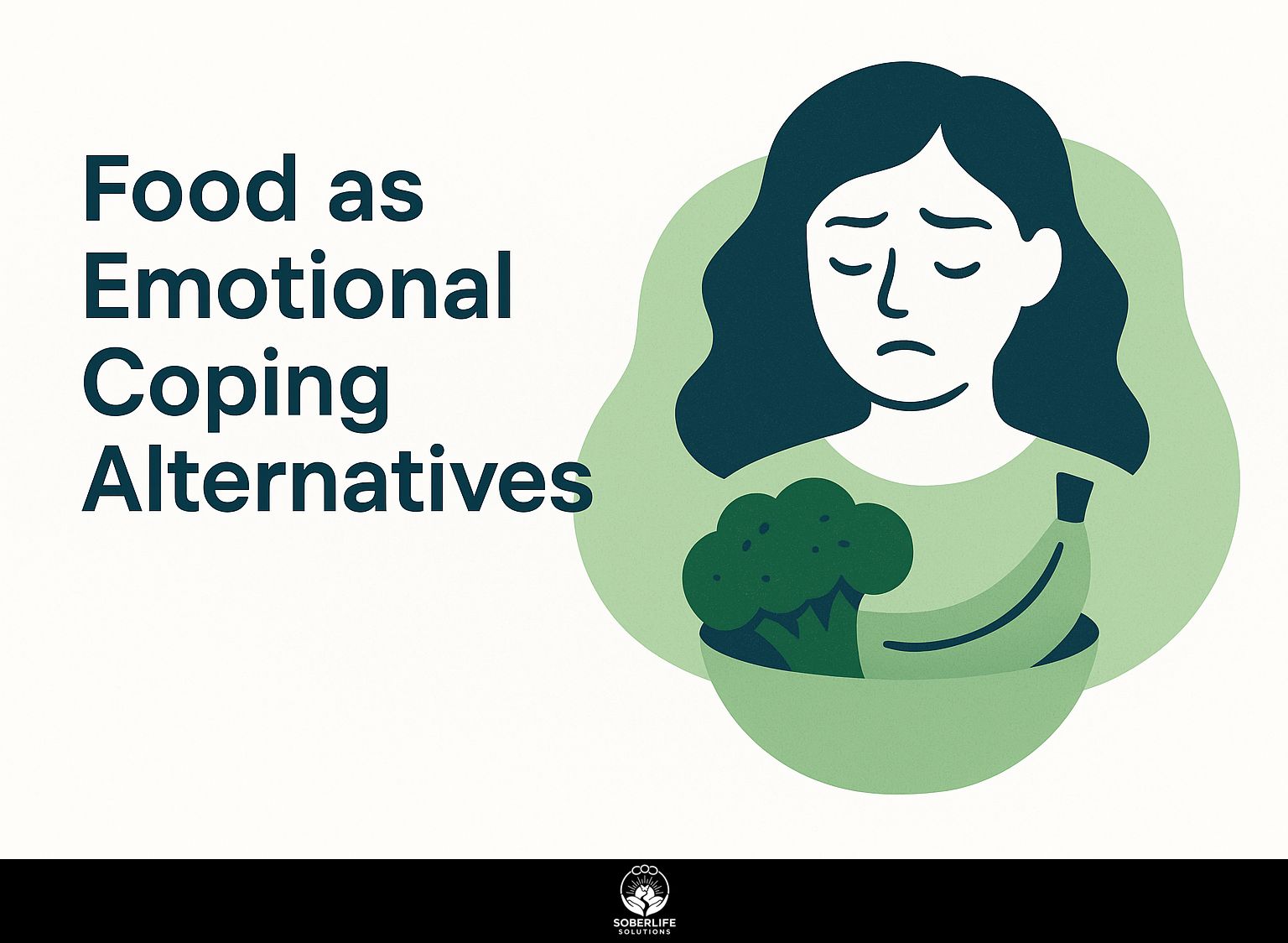
Emotional eating often serves as a temporary escape from stress, leading to cravings that can derail weight loss efforts. The Mayo Clinic says identifying these patterns is important for managing stress well. Lindsey King highlights how keeping a food diary can help identify emotional triggers, especially for people dealing with eating disorders. This article looks at better ways to deal with stress, guiding you away from emotional eating and encouraging a more balanced way of living.
Key Takeaways:
Definition and Overview
Emotional eating is when you eat food to deal with your feelings instead of eating because you are hungry. This can mess up healthy eating habits.
This behavior often leads to consuming high-calorie, unhealthy foods when feeling stressed, anxious, or bored, rather than addressing physical hunger. According to the Mayo Clinic, about 30% of adults identify as emotional eaters.
Key distinctions include emotional hunger, which comes on suddenly and craves specific comfort foods, versus physiological hunger that builds gradually and allows for a variety of food choices.
To combat emotional eating, consider keeping a food diary, practicing mindful eating techniques, and engaging in stress-relief activities like exercise or meditation. Understanding the role of emotions in eating behavior can also be beneficial, as highlighted in a 2023 publication by Frontiers in Psychology. If emotional triggers are a frequent challenge, [learn more about strategies to cope with them](https://soberlifesolutions.com/cope-emotional-triggers-strategies/), which can help in managing these impulses effectively.
Common Triggers
Common triggers for emotional eating include stress, boredom, and negative emotions, which can lead to unhealthy food choices and binge eating episodes.
Stress often causes people to find comfort in food, such as eating a pint of ice cream after a tough day at work.
Boredom can spark mindless snacking, like reaching for chips while scrolling through social media.
People who feel lonely might eat more at meals, looking for comfort in food.
Negative body image can trigger binge eating when individuals attempt to cope with their insecurities through food.
Financial pressures may induce emotional eating as a way to manage anxiety, leading to unhealthy choices.
Identifying these triggers is important for creating better ways to handle stress.
Psychological Mechanisms
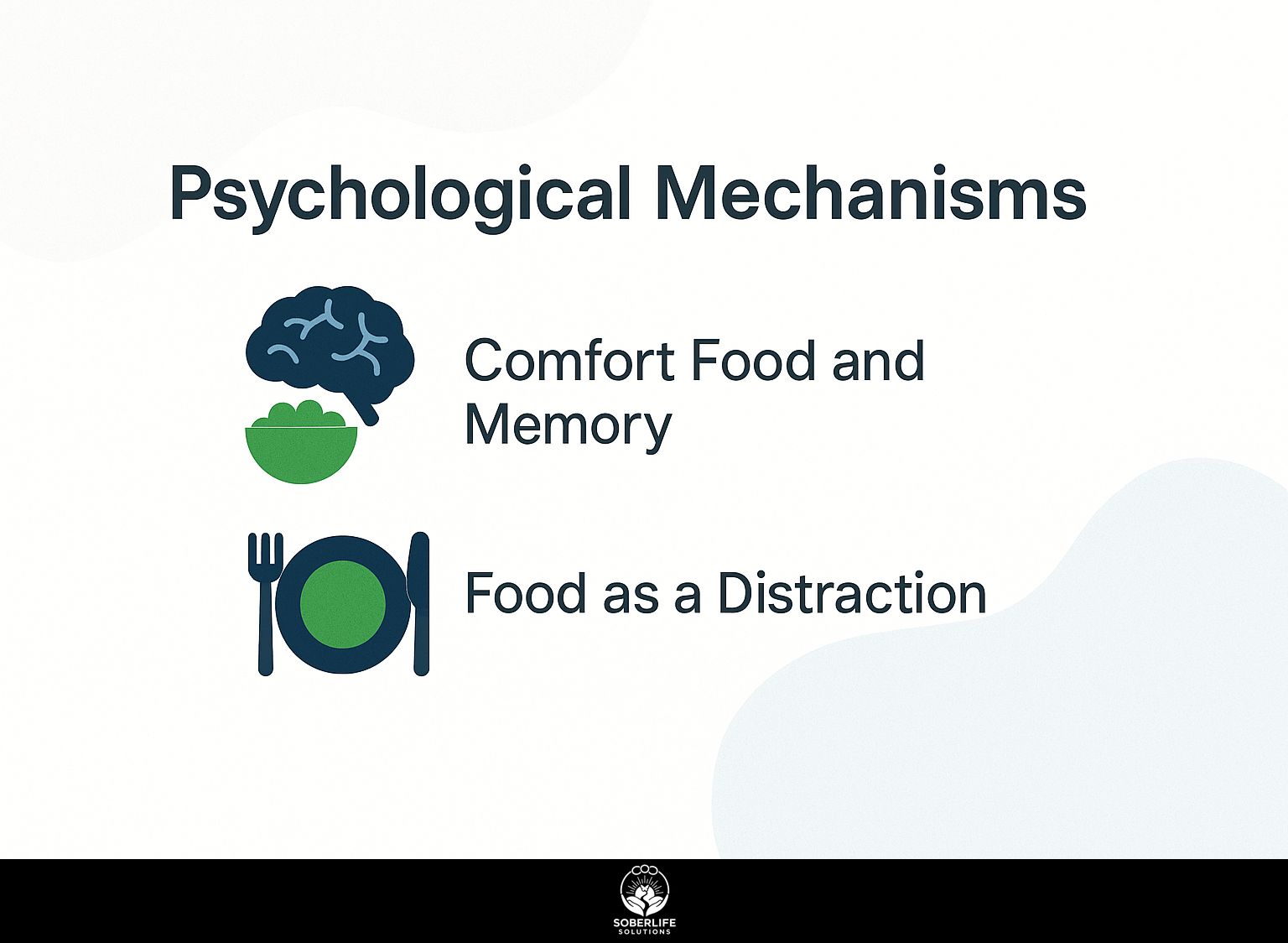
Knowing why people eat when they are emotional helps in finding the main reasons and creating good ways to handle it. According to Psychology Today, understanding the triggers of emotional eating can significantly aid in developing effective coping strategies. (For practical implementation, our guide on coping with emotional triggers offers six actionable strategies.)
Comfort Food and Memory
People often turn to comfort foods because they bring back good memories. This habit can lead to eating these foods when feeling upset, which can result in unhealthy eating habits.
Research indicates that specific comfort foods, like mac and cheese or chocolate chip cookies, can trigger memories of family gatherings or childhood experiences.
For example, a study from the University of Minnesota found a strong connection between the smell of baked goods and nostalgia, with participants remembering time spent with family and friends.
Dopamine is released during the consumption of these foods, creating a sense of pleasure that may distract from stress.
By recognizing these emotional connections, individuals can make more mindful choices to address their cravings in healthier ways. According to Psychology Today, understanding whether comfort foods offer solace through nostalgia or neurochemistry can help in making these choices ( source).
Food as a Distraction
Many individuals use food as a distraction from negative emotions, leading to mindless eating and a lack of self-awareness regarding hunger cues.
To become more aware of your eating habits, try writing down what you eat in a food journal. This involves recording what you eat, along with your emotional state at the time.
Another effective technique is practicing mindful eating. This means slowing down, savoring each bite, and acknowledging your emotions without judgment.
Take time to eat without distractions, such as TV or phones, to better notice when you’re truly hungry. Engaging in these practices can help you differentiate between emotional hunger and physical need, leading to healthier choices.
Types of Emotional Eating
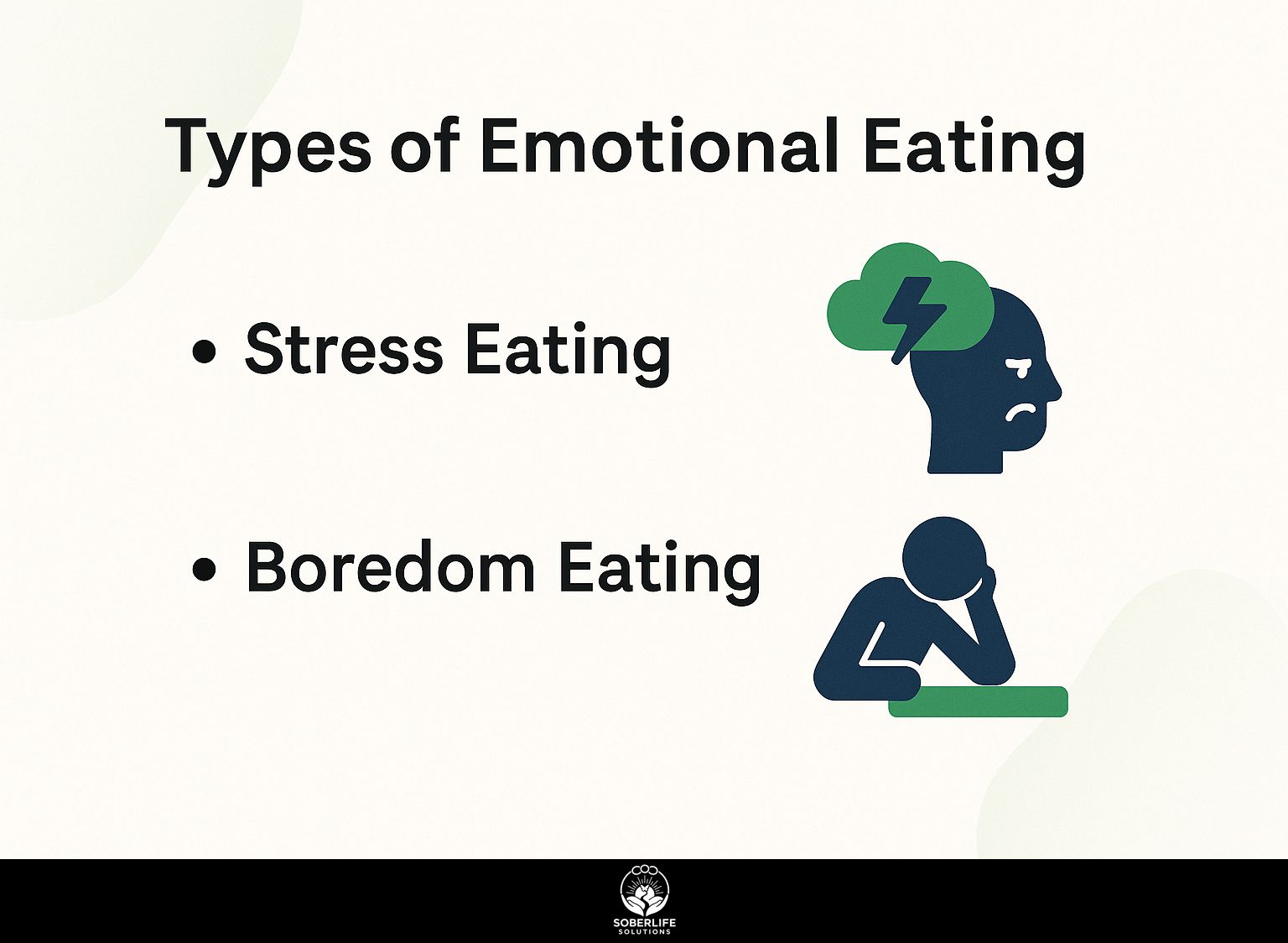
Different kinds of emotional eating, like eating due to stress or boredom, show specific motives for eating when you’re not actually hungry. For an extensive analysis of coping mechanisms, our comprehensive resource on managing emotional triggers delves into six effective strategies.
Stress Eating
Stress eating is a prevalent form of emotional eating where individuals turn to food as a response to pressures and challenges in their life.
To deal with stress eating, it’s important to tackle the root cause of the stress. Consider incorporating deep breathing exercises, which can help regulate cortisol levels and reduce anxiety.
Doing yoga is a good way to relax. It mixes exercise with paying attention to your thoughts and feelings. Journaling your thoughts and feelings can provide emotional clarity and lessen the urge to reach for food.
Take 10 minutes each day for one of these activities to better handle stress and stop the habit of stress eating.
Boredom Eating
Boredom eating occurs when individuals consume food to fill time or alleviate feelings of boredom, often leading to unhealthy eating habits.
To combat boredom eating, engaging in alternative activities can be highly effective. Consider adopting hobbies like painting, gardening, or reading to keep your mind occupied.
Physical exercise, like brisk walking or yoga, helps take your mind off the temptation to snack and improves your mood by releasing endorphins.
Keeping a journal can provide an outlet for thoughts and emotions, helping you recognize triggers for boredom eating. By doing these activities instead of snacking, you can build better habits and manage your eating more effectively.
Health Implications
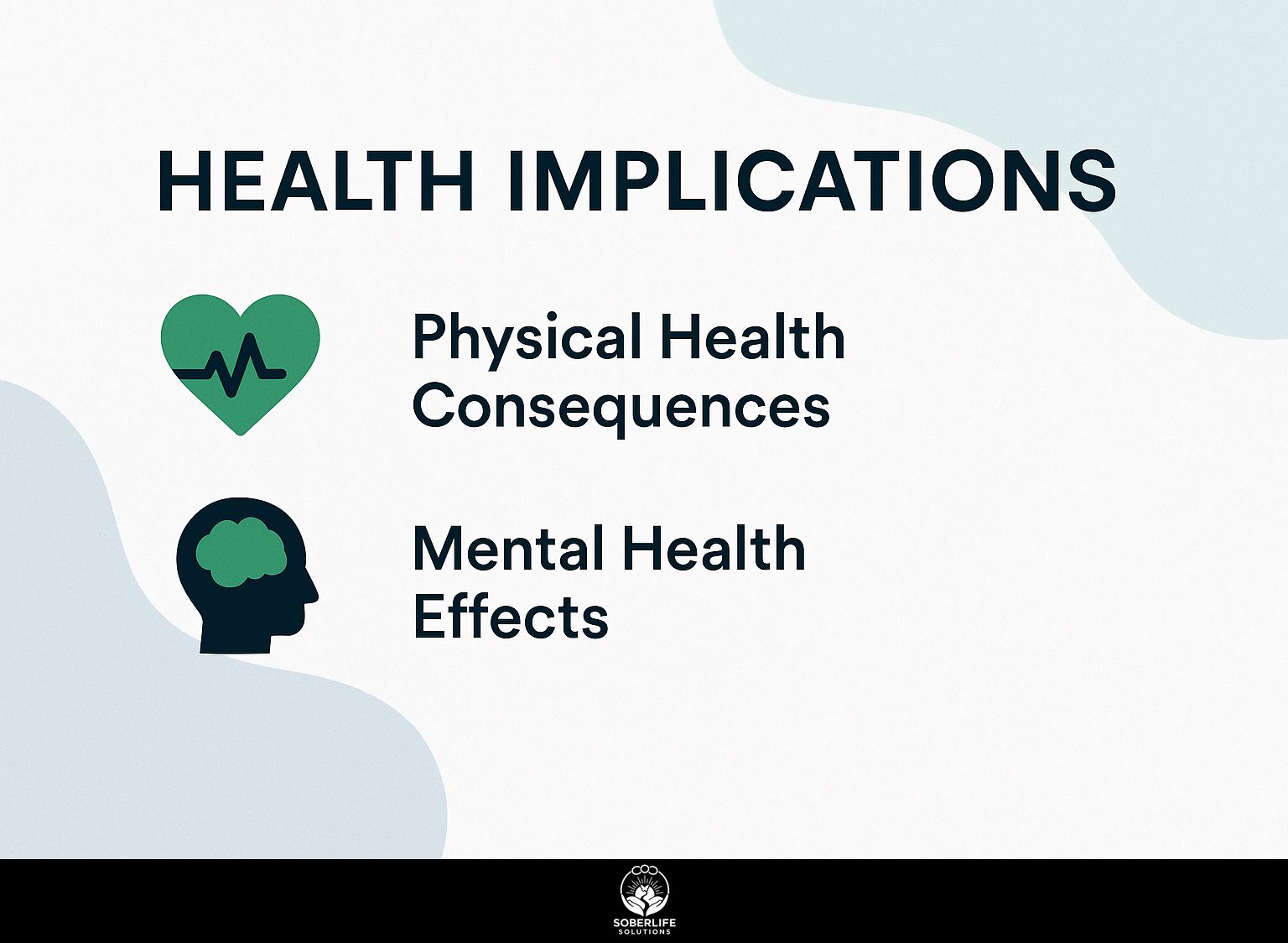
Eating based on emotions can harm your body and mind, leading to health issues and emotional suffering. This behavior often necessitates holistic approaches to healing, which address both mental and emotional dimensions of well-being. As mentioned in our guide on holistic mental and emotional healing, integrating these strategies can be pivotal in mitigating the adverse effects of emotional eating.
Physical Health Consequences
Emotional eating can lead to significant physical health consequences, including weight gain, obesity, and increased risk of chronic diseases.
Research indicates that eating due to feelings can cause health issues such as high blood pressure, diabetes, and heart disease. For example, the Academy of Nutrition and Dietetics reports that individuals who engage in emotional eating are twice as likely to become obese compared to their counterparts.
This can exacerbate conditions like hypertension, where stress-related overeating may lead to a higher sodium intake. To combat these risks, consider implementing mindful eating techniques, such as keeping a food diary and practicing stress-reducing activities like yoga or meditation, which can significantly reduce emotional triggers for overeating.
Mental Health Effects
The mental health effects of emotional eating can manifest as increased anxiety, depression, and feelings of guilt, creating a harmful cycle.
Studies have found that people with binge eating disorder often feel very anxious and depressed, so it’s important to deal with both problems at the same time.
Cognitive Behavioral Therapy (CBT) and Dialectical Behavior Therapy (DBT) work well for addressing emotional eating. For example, CBT helps identify and change negative thought patterns surrounding food, while DBT focuses on emotional regulation and distress tolerance skills.
Support groups and nutritional counseling can work alongside therapy, offering a well-rounded approach to recovery. Engaging in mindful eating practices further aids individuals in connecting with their hunger cues and emotions.
Alternative Coping Strategies
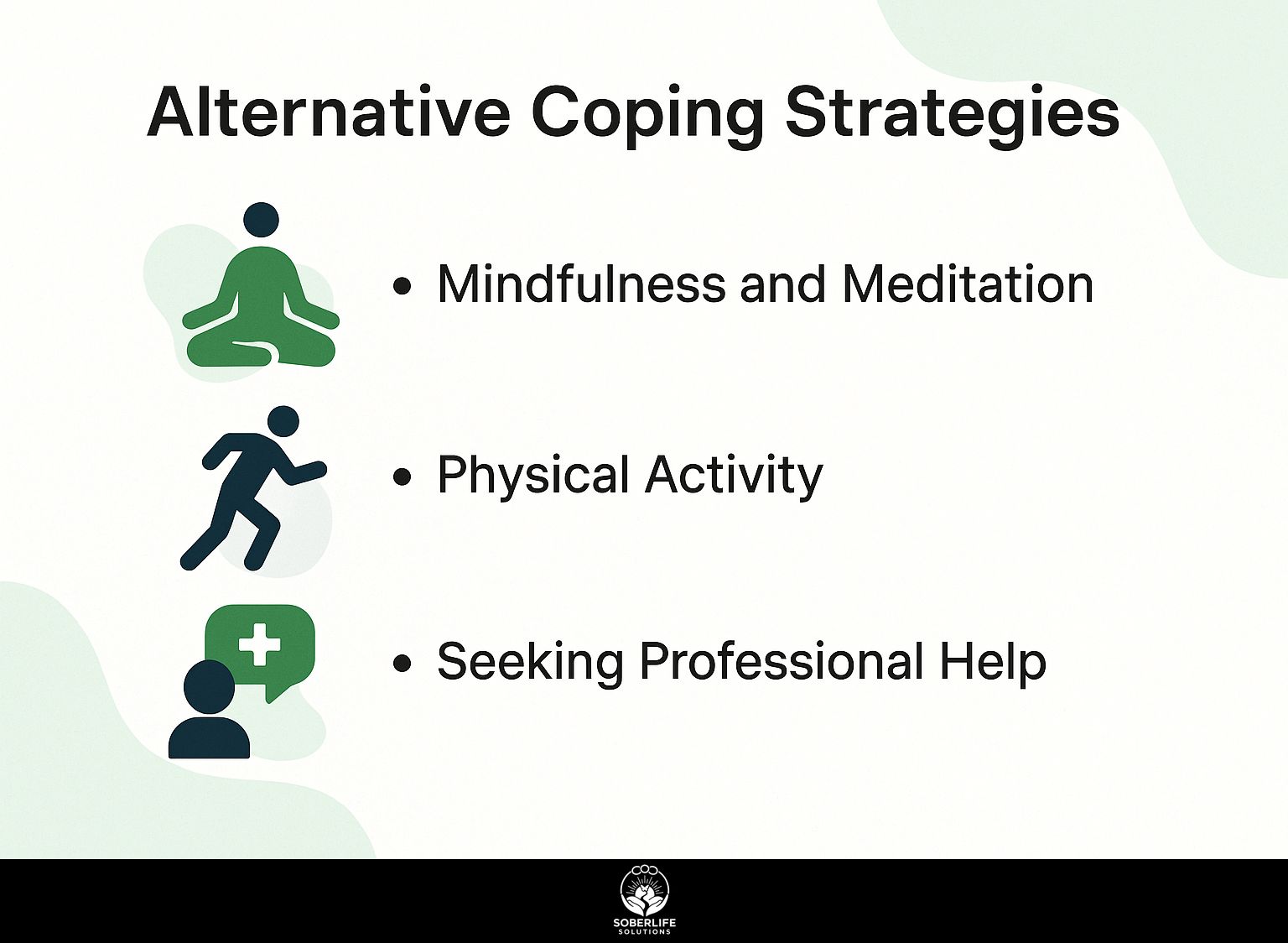
Creating other ways to deal with stress is important to stop the habit of eating due to emotions and to encourage better habits. Related insight: Changing Habits in Recovery: Eating and Lifestyle
Mindfulness and Meditation
Practicing mindfulness and meditation can help individuals become more aware of their emotional triggers and reduce the likelihood of emotional eating.
Techniques such as deep breathing and guided meditation are particularly effective in managing cravings.
For instance, try the `4-7-8′ breathing method: inhale for 4 seconds, hold for 7, and exhale for 8 seconds. This simple practice calms the nervous system.
Using apps like Headspace or Calm can offer organized guided sessions specifically for emotional distress. Spending only 10 minutes each day can greatly improve control over emotions, helping to avoid sudden urges to eat.
Physical Activity
Incorporating regular physical activity into daily routines can significantly mitigate emotional eating by improving mood and reducing stress.
Doing activities like yoga, brisk walking, or playing sports with friends can lift your spirits and help you control your feelings more effectively.
For instance, a study published in the Journal of Health Psychology found that participants who practiced yoga experienced a notable decrease in anxiety levels. Walking for just 30 minutes a day can trigger the release of endorphins, promoting a feeling of happiness.
Playing sports with others helps improve physical health and creates social bonds, which can help reduce emotional eating habits. Try to include at least 150 minutes of moderate exercise each week for the best results.
Seeking Professional Help
Engaging with a therapist or counselor can provide the necessary support for individuals struggling with emotional eating and related mental health issues.
Therapists can create specific coping strategies for individuals, such as mindfulness exercises or cognitive behavioral techniques, to handle triggers for emotional eating.
Being part of support groups, whether in-person or online, can create a feeling of community and shared experience. Resources such as the National Eating Disorders Association (NEDA) provide important details and connections to nearby support services.
Many also find relief through apps like Sanvello or Headspace, which focus on mental wellness and stress management, promoting healthier relationships with food.
Frequently Asked Questions
What is the definition of “Food as Emotional Coping Alternatives”?
Food as Emotional Coping Alternatives means using food to handle negative feelings and stress instead of dealing with the actual reasons for these emotions.
Why do people turn to food as an emotional coping mechanism?
People often turn to food as an emotional coping mechanism because it provides temporary relief and distraction from negative emotions. It can also be a form of self-soothing and comfort.
Is using food as an emotional coping mechanism considered a healthy behavior?
No, using food as an emotional coping mechanism is not considered a healthy behavior. It can lead to unhealthy relationships with food and can contribute to weight gain and other health issues.
What are some signs that someone may be using food as an emotional coping mechanism?
Signs that someone may be using food as an emotional coping mechanism include turning to food when stressed, sad, or bored, feeling guilty or ashamed after eating, and using food as a way to avoid dealing with difficult emotions.
What are some healthier alternatives to using food as an emotional coping mechanism?
Some healthier alternatives to using food as an emotional coping mechanism include practicing relaxation techniques, talking to a trusted friend or therapist, engaging in physical activities, and finding new hobbies or activities to distract from negative emotions.
How can someone break the habit of using food as an emotional coping mechanism?
Changing the habit of eating to deal with emotions means recognizing what causes this behavior, finding better ways to cope, and getting help from a therapist or support group. It also involves making a deliberate effort to deal with deep feelings and fix any harmful connections with food.

